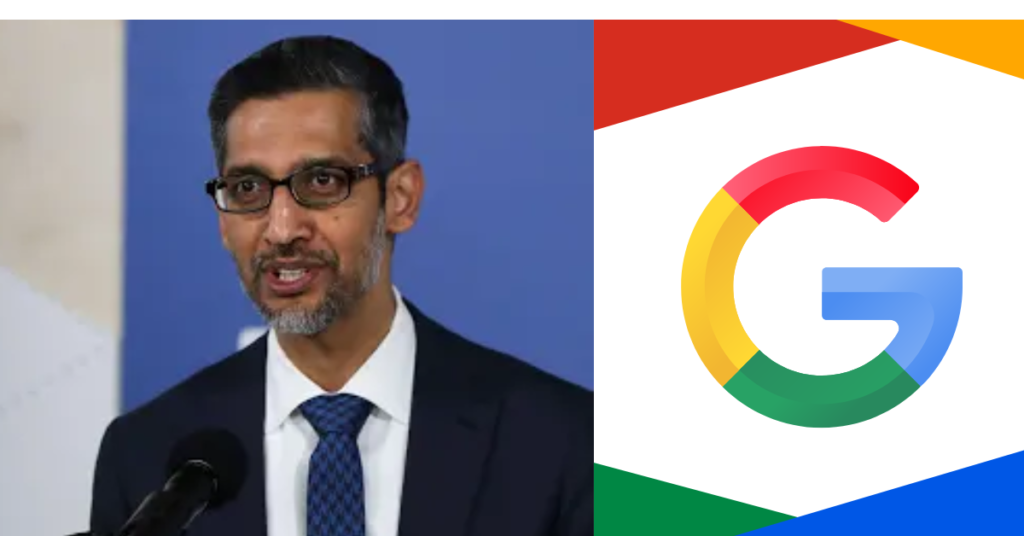
March 18, 2025 –
In a year dominated by artificial intelligence headlines, one move has shaken up the tech landscape like no algorithm ever could.
Google’s parent company, Alphabet, has confirmed a $32 billion all-cash acquisition of cybersecurity firm Wiz, marking the biggest buyout in the company’s 26-year history—and one of the most symbolic shifts in the ongoing battle for cloud computing dominance.
The deal doesn’t just add a shiny new asset to Google’s portfolio. It signals something bigger: a strategic war cry in the escalating cloud security arms race, where trust, data integrity, and multi-cloud protection are the new currencies of power.
From Startup to Superweapon: How Wiz Became Silicon Valley’s Hottest Target
Founded in 2020, Wiz is a New York-based cybersecurity startup that skyrocketed to relevance by offering lightweight, intelligent, and scalable security tools for cloud environments. Its platform protects workloads running across AWS, Azure, and Google Cloud itself—making it uniquely positioned in a world increasingly dependent on hybrid infrastructure.
What makes the acquisition even more interesting? Wiz rejected a $23 billion offer just last year, choosing instead to pursue IPO ambitions. Fast forward to today, and they’ve said yes to a historic deal—one that rewrites their story and possibly the future of cloud security itself.
Why Google Made This Move Now
For Google Cloud, this isn’t just an expansion. It’s a defensive and offensive move rolled into one.
As Amazon Web Services (AWS) and Microsoft Azure continue to lead the cloud market, Google has lagged behind in enterprise adoption. But with AI tools demanding higher levels of data security and customer trust, Google had to go beyond in-house innovation.
Enter Wiz—a company built on simplifying security for developers and enterprises, and already trusted by over 40% of the Fortune 100. Merging with Wiz gives Google Cloud an immediate security boost, while allowing it to market itself as not just smarter, but safer.
Google CEO Sundar Pichai called the acquisition a way to “turbocharge cloud security” and strengthen the company’s vision for democratized AI adoption.
The Bigger Picture: Cloud Security Is Now the Battlefield for Big Tech
This isn’t just another tech acquisition—it’s a signal that the next era of Big Tech competition won’t be fought on price or performance alone, but on trust and protection.
As AI models handle more sensitive data and more companies move to multi-cloud strategies, enterprises are seeking platforms that can offer bulletproof protection—without compromising speed or scalability.
Cybersecurity is no longer an accessory—it’s the core product.
That’s why this deal is likely to rattle competitors, especially stand-alone cybersecurity providers and niche startups who now face consolidation pressure. Expect a wave of counter-strategies, partnerships, and possibly more acquisitions in 2025.
Wiz’s CEO Speaks Out: “Cloud Security Shouldn’t Be Complicated”
In a heartfelt blog post, Wiz CEO Assaf Rappaport described the merger not just as a business win, but as a philosophical alignment. “Cloud security needs to be easier, more accessible, and more intelligent,” he wrote.
He emphasized the opportunity to innovate faster inside Google’s ecosystem, while keeping Wiz’s original mission intact: to simplify security in a complex digital world.
And with the deal still under review by antitrust authorities, Rappaport’s tone suggested confidence—but also a hint of awareness that this bold move won’t go unchallenged.
Regulatory Radar: Will Antitrust Cloud the Celebration?
The $32 billion acquisition is likely to draw intense scrutiny from global antitrust regulators. The U.S. Federal Trade Commission (FTC), under its current leadership, has taken a harder stance on Big Tech mergers—even those outside traditional ad or retail spaces.
Cybersecurity deals are especially sensitive, given their potential impact on national security and the market share of standalone players. With this merger, Google could control a wider slice of the enterprise security supply chain, raising concerns about competitive balance.
What This Means for Users and Enterprises
For businesses already invested in Google Cloud, this merger could mean tighter integration, faster threat detection, and a single-vendor ecosystem for AI and security—a major win in terms of operational efficiency.
But for the wider industry, it sparks a deeper question:
Are we entering a future where cloud security is monopolized by tech giants? Or will innovation remain decentralized and diverse?
The outcome could redefine how companies approach cloud strategy for years to come.
Stay tuned newsdailyupdates for more updates.

